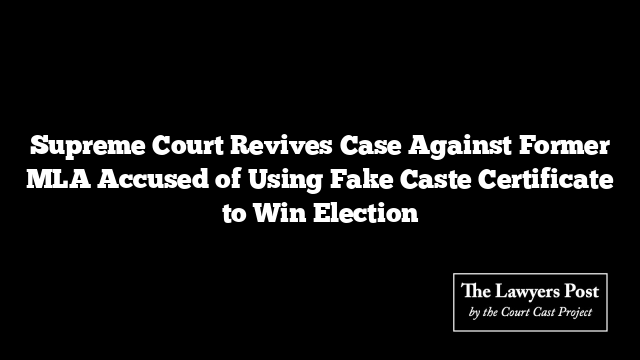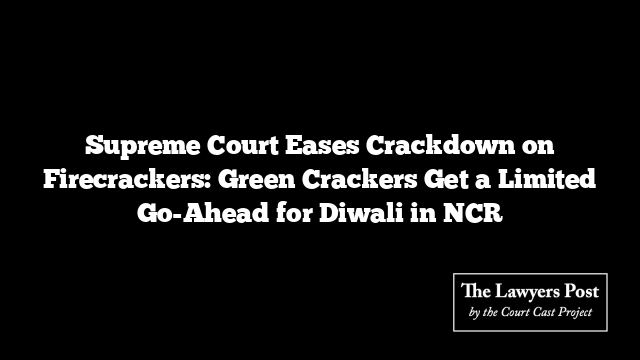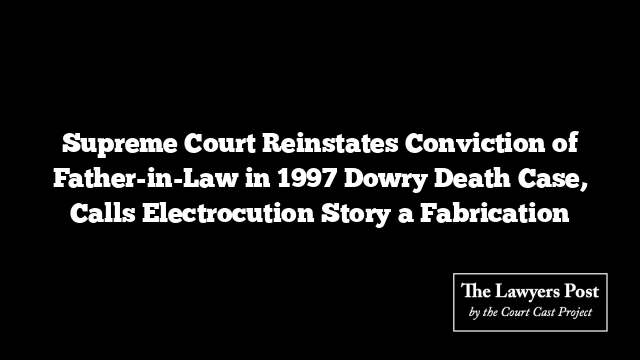The Supreme Court has revived a criminal case against former Madhya Pradesh MLA Rajendra Singh, who stands accused of using a forged Scheduled Caste certificate to contest elections from Guna’s reserved constituency.
A Bench led by Justices BV Nagarathna and KV Viswanathan overturned a ruling by the Madhya Pradesh High Court’s Gwalior Bench, which had prematurely halted the proceedings. The apex court observed that once a complaint clearly discloses offences such as cheating, forgery, and conspiracy, the case must proceed to trial rather than being quashed at the threshold.
The controversy dates back to 2008, when Singh—recorded in official records as belonging to the General category—allegedly obtained a fake certificate identifying him as a member of the Sansi Scheduled Caste community. The certificate allowed him to contest and win from the Guna constituency, which is reserved for Scheduled Caste candidates.
A High-Powered Scrutiny Committee later found the certificate to be illegally issued without following mandatory procedures. Its cancellation order was upheld first by the Madhya Pradesh High Court and later by the Supreme Court in 2013.
Following this, a private complaint was filed in 2014 accusing Singh and others of offences under Sections 420 (cheating), 467, 468, and 471 (forgery) read with Section 120B (criminal conspiracy) of the Indian Penal Code.
Justice Viswanathan, writing for the Bench, noted that the complaint and supporting documents clearly established a prima facie case against Singh and three co-accused — Amrik Singh, Harvir Singh, and Kiran Jain. The court emphasized that determining guilt or innocence must now depend on the evidence presented at trial, not at the stage of quashing.
The judgment remarked that the trial court had already exercised due diligence in examining the matter, taking cognizance only against the four accused after carefully evaluating the complaint.
With the appeal allowed, the case now returns to the trial court, which has been directed to complete proceedings within one year.





